Introduction:
Hello, fellow 40-somethings! As we gracefully glide into this chapter of life, our bodies undergo changes that require a bit more TLC, especially when it comes to what we eat. In this article, we’ll uncover the eight foods that might not be as friendly to your body after the age of 40. From metabolism to heart health, let’s explore the culprits that might need to find a new home in your pantry.
1. Excessive Added Sugars
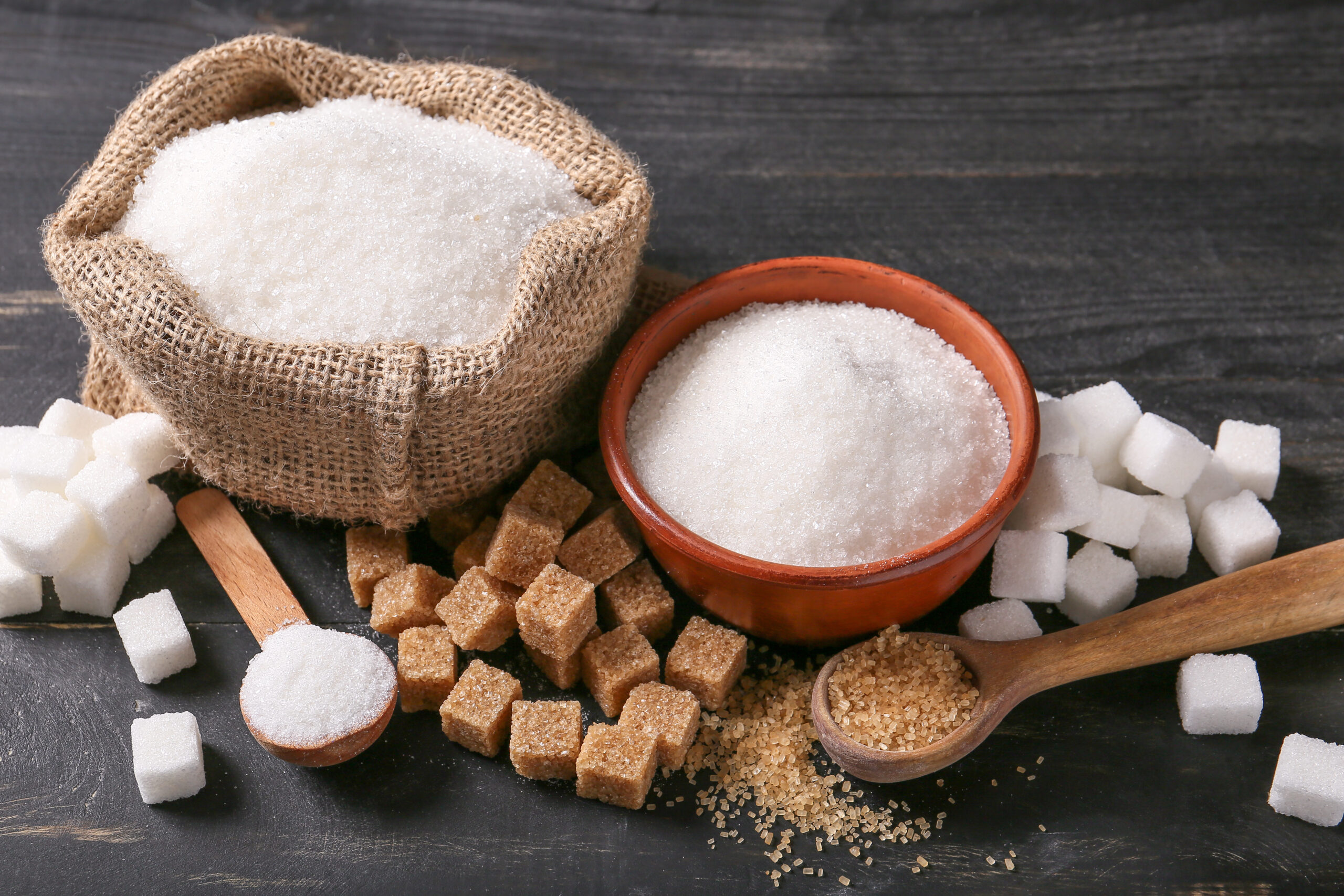
After 40, your metabolism tends to slow down, making it easier to pack on the pounds. Consuming foods high in added sugars, such as sugary beverages and sweets, not only contributes to weight gain but also poses risks for conditions like type 2 diabetes and heart disease.
2. Highly Processed Foods

Processed foods often sneak in extra sodium, unhealthy fats, and preservatives. These additives can contribute to inflammation, which is linked to various age-related conditions. Opt for whole, minimally processed foods to nourish your body with essential nutrients.
3. Trans Fats: The Silent Culprits

Partially hydrogenated oils, the primary source of trans fats, can raise bad cholesterol and lower good cholesterol. This unhealthy fat increases the risk of heart disease, which becomes a more significant concern as we age. Check labels and steer clear of products with trans fats.
4. Too Much Red Meat
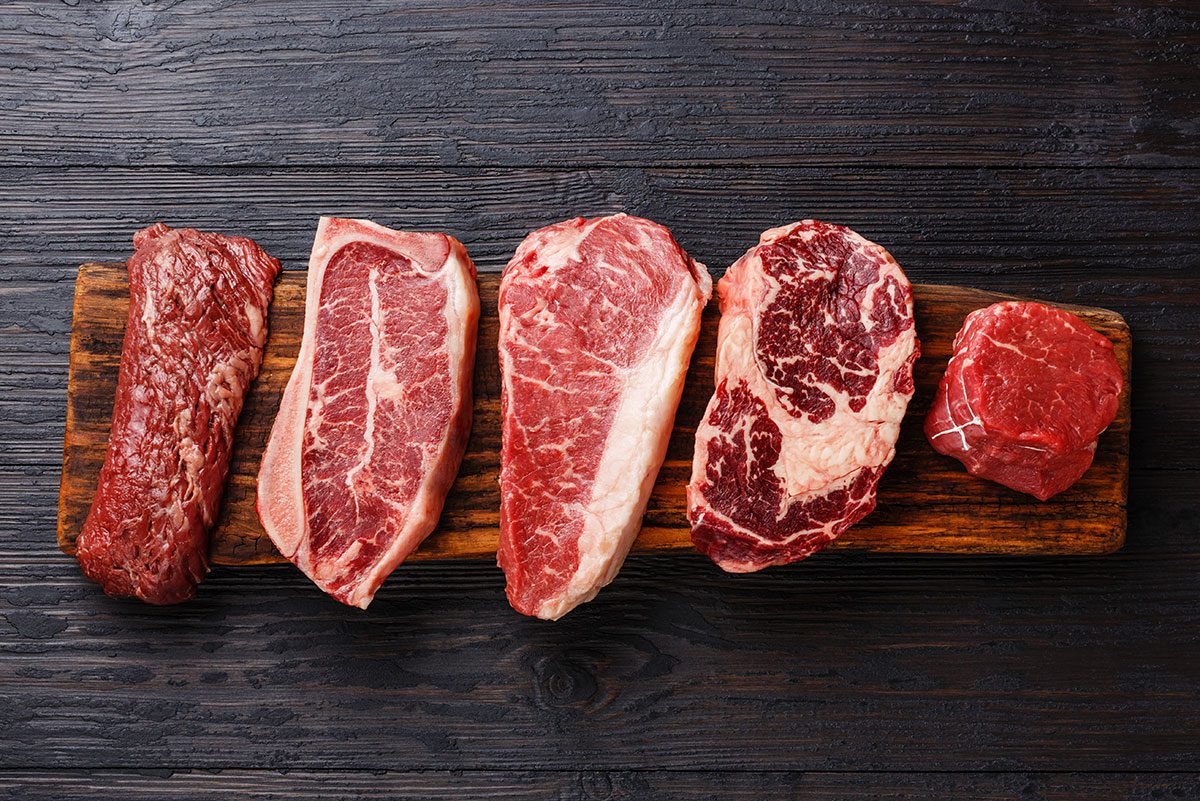
While red meat is a good source of protein and iron, consuming it in excess may have downsides after 40. High intake has been linked to an increased risk of heart disease and certain cancers. Opt for leaner protein sources like fish, poultry, and plant-based options.
5. White Bread and Refined Grains
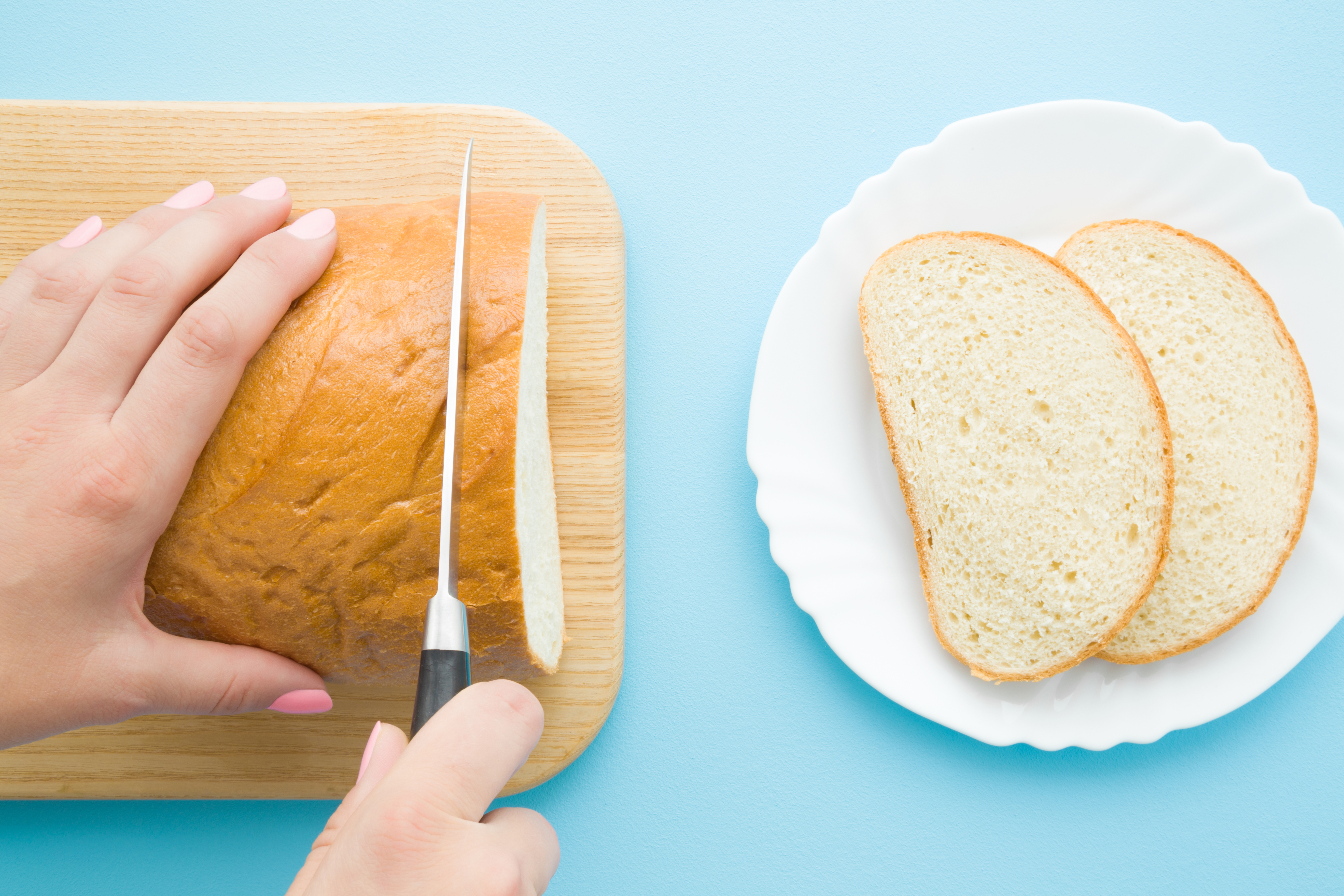
As we age, maintaining stable blood sugar levels becomes crucial. Refined grains, found in white bread and many baked goods, can cause rapid spikes and crashes in blood sugar. Choose whole grains like quinoa, brown rice, and whole wheat for sustained energy.
6. High-Sodium Foods
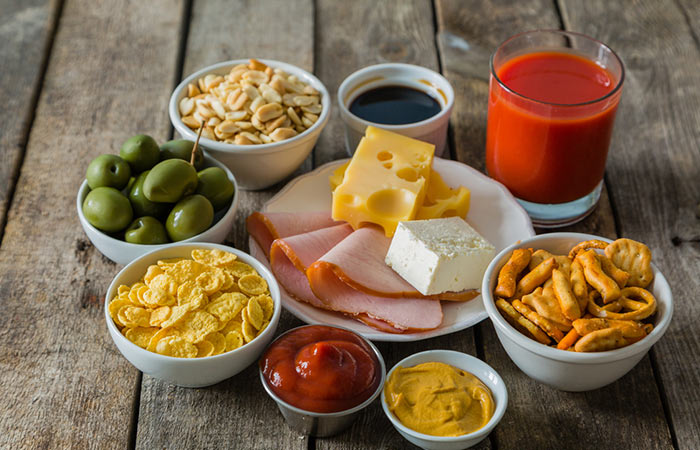
Excessive sodium intake can lead to high blood pressure, a risk that tends to rise with age. Processed foods, canned soups, and restaurant meals are common culprits. Opt for fresh, homemade meals seasoned with herbs and spices to control sodium intake.
7. Caffeine Overload

While a cup of coffee can be a delightful pick-me-up, excessive caffeine intake may disrupt sleep patterns, leading to issues like insomnia. Quality sleep becomes even more crucial as we age, so consider limiting caffeine intake, especially in the afternoon and evening.
8. Sugary Breakfast Cereals
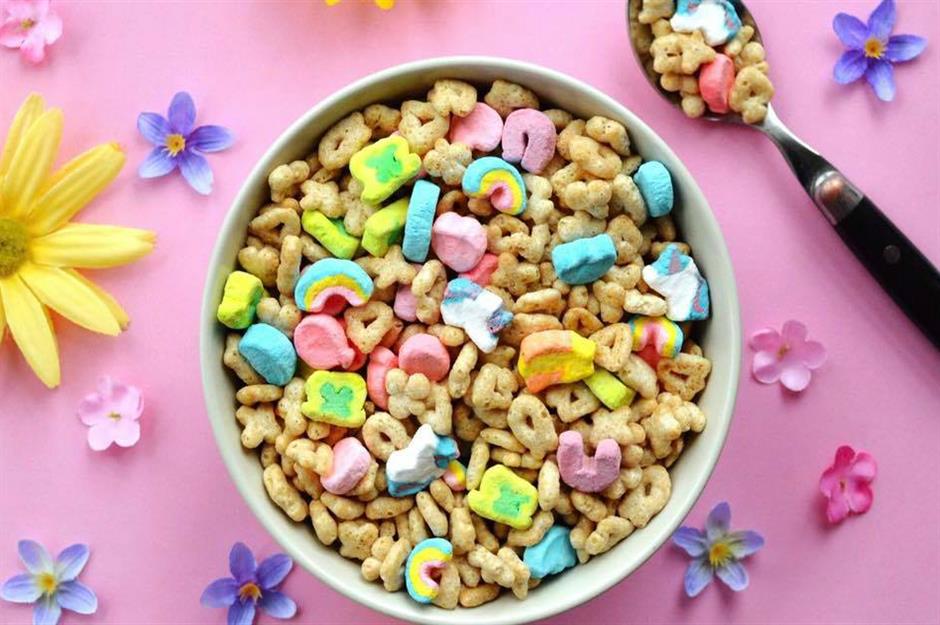
Starting your day with a bowl of sugary cereal might have been a childhood delight, but it’s time to reconsider. High sugar content can lead to energy crashes and increased cravings. Choose whole-grain, low-sugar cereals or opt for a protein-packed breakfast to kickstart your day.
Conclusion:
Age is just a number, but our bodies do appreciate a bit of extra care and attention. As you navigate your 40s and beyond, consider making mindful choices when it comes to what goes on your plate. Steering clear of these eight not-so-friendly foods is a delicious way to embrace a healthier and more vibrant you.
FAQs:
Q1: Can I still enjoy desserts after 40?
A1: Absolutely! It’s all about moderation. Opt for healthier dessert alternatives, such as fruit, dark chocolate, or homemade treats with reduced sugar.
Q2: Are there specific foods that support bone health after 40?
A2: Yes, foods rich in calcium and vitamin D, like dairy products, leafy greens, and fatty fish, support bone health. Consider consulting with a healthcare professional for personalized recommendations.
Q3: Can I still enjoy red wine after 40?
A3: Moderate alcohol consumption, including red wine, may have certain health benefits. However, excessive drinking can pose risks. It’s crucial to be mindful of your alcohol intake and consult with a healthcare professional if needed.
Q4: Are there recommended dietary changes for women going through menopause?
A4: Yes, hormonal changes during menopause may affect metabolism and bone health. Adequate calcium, vitamin D, and a well-balanced diet become particularly important. Consult with a healthcare professional or a registered dietitian for personalized guidance.
Q5: Can exercise offset the impact of these foods after 40?
A5: Regular exercise is beneficial for overall health, but it’s essential to complement it with a balanced diet. Exercise alone may not fully counteract the negative effects of poor dietary choices.
